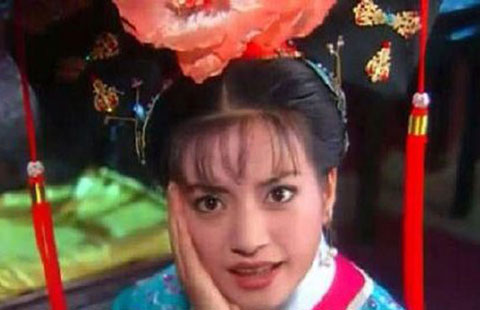Cheap mass tourism hinders authentic experiences, explorations
Updated: 2015-06-06 08:06
By Chen Liang(China Daily)
|
||||||||
I can't remember how many times I have been to Yunnan and its capital, Kunming. But my recent trip to Xishuangbanna in the southernmost part of the province is my fifth visit to the prefecture, known for its lush tropical forests and diverse populace.
To someone who had fond memories of the beautiful place, the trip was a disappointment.
Cheap mass tourism has taken over, leading to vicious and even illicit competition among travel agencies. A case in point: In April, a woman tour guide in Xishuangbanna verbally abused her group of tourists on a bus after she could not get them to buy more souvenirs. The incident raised an online uproar.
Mass tourism is also causing environmental deterioration in Xishuangbanna, and ruining one of the province's most attractive tour destinations.
While traveling in Xishuangbanna, you will be shocked by the dominance of rubber plantations. In high-altitude areas not proper for the growth of rubber trees, tea plantations often dominate the landscapes. Tropical rainforests are now as acutely endangered as those found everywhere in the world.
There are quite a few tropical forest parks in the region. The most famous one are Xishuangbanna Sky Tree Park in Menglun county and Xishuangbanna Wild Elephant Valley near Jinhong, capital of the prefecture.
Additionally, there is one near Jinhong, called Xishuangbanna Primitive Forest Park, and another near the Menglun township named Green Stone Forest. They all boast a similar tropical jungle experience to tourists, although they cover fairly a small area of tropical forest, and are now surrounded by rubber plantations.
I had wondered why the park developers didn't make them bigger so that there is more flora and fauna. During my recent trip, I realized that they didn't need to do so, because they are catering only to the demands of cheap mass tourism.
When package (usually low-budget) tourists arrive, their itinerary will often be divided into several half-day trips to different scenic spots. This is to make sure the visitors have time to shop at each site, where they can expect to spend only a couple of hours. Tour guides receive kickbacks from the shops.
So it's better to make the scenic spots compact, like a walking circuit of about one or two kilometers long (such as the one at the Sky Tree Park) and a cableway. A park like the Wild Elephant Valley is just too big to walk around in two hours.
The Xishuangbanna Tropical Botanical Garden near the Menglun township is big enough for visitors to spend a whole day. To cater to half-day mass tourists, battery carts are used to transport them to different attractions. The garden is actually a research institute that is under the charge of the Chinese Academy of Sciences. It was founded nearly 60 years ago and is really not a tourist-oriented place.
The forest parks in Xishuangbanna can therefore be barely considered as sanctuaries for wildlife. In fact, you can't see any wildlife at the Sky Tree Park. A part of Xishuangbanna National Nature Reserve, the park is named after an endangered tropical tree (Parashorea chinensis), which can grow up to 40-60 meters tall.
In a valley, as visitors walk past it, a herd of elephants keep calling noisily. But, sigh, the animals are but plastic and rubber models connected to loudspeakers. At another area, an enlarged gibbon replica hangs from a vine. Real gibbons and elephants that once lived in this area, have long disappeared.
The region's environment certainly does not benefit from such development. Tourists don't get any real jungle experience.
It's all about money.
- Students prepare to take national college entrance exams
- TV giants suspend shows for ship wreck mourning
- China, Japan reopen finance talks after delay over sour relations
- Crews raise capsized ship to assist search
- China rescuers right ship to speed up search for missing
- More countries send condolences over China's cruise ship accident

 Man sues actress for staring at him
Man sues actress for staring at him
 Students prepare to take national college entrance exams
Students prepare to take national college entrance exams
 Across America (May 29- June 4)
Across America (May 29- June 4)
 Operation underway to turn the ship over
Operation underway to turn the ship over
 Prayers held for ship passengers
Prayers held for ship passengers Warriors beat Cavs in Game One OT thriller
Warriors beat Cavs in Game One OT thriller
 Cannavaro's Evergrande life in photos
Cannavaro's Evergrande life in photos
 Ten photos you don't wanna miss - June 5
Ten photos you don't wanna miss - June 5
Most Viewed
Editor's Picks

|

|

|

|

|

|
Today's Top News
Death toll jumps to 396
as hopes of finding any
survivor in cruise fade
China, Japan reopen finance talks after delay over sour relations
Hacking claim isn't responsible, Beijing says
Startups return to China to battle pollution
Rescuers right ship to
speed up recovery
Overseas real estate investment hits record $7.5b in Q1
Editorial: Aquino shows a lack of sense or sensibility
60% of Chinese youth OK with premarital sex: survey
US Weekly

|

|






